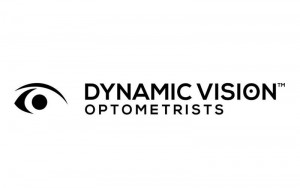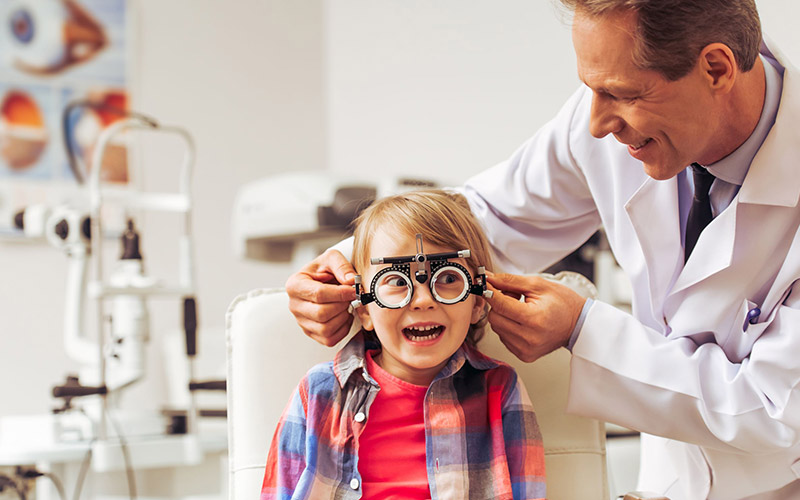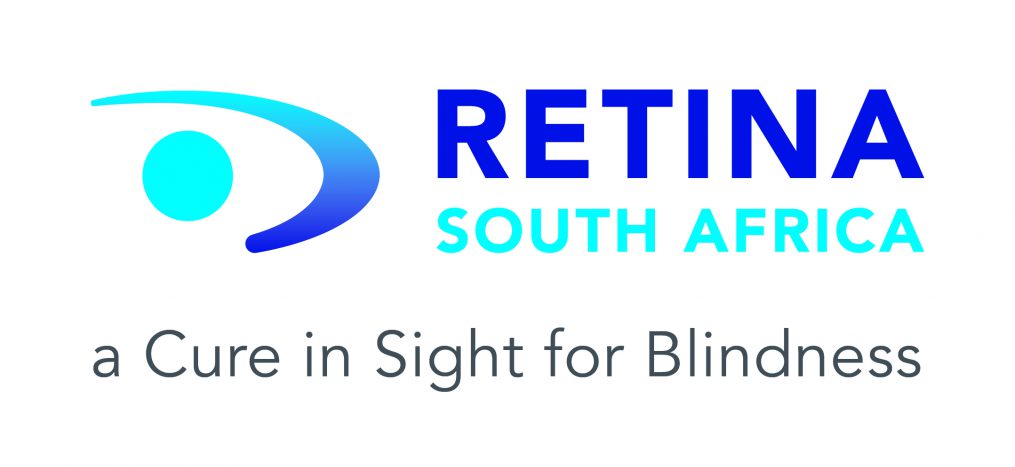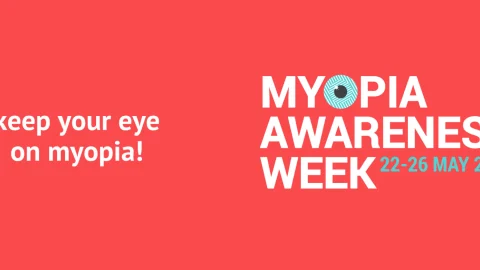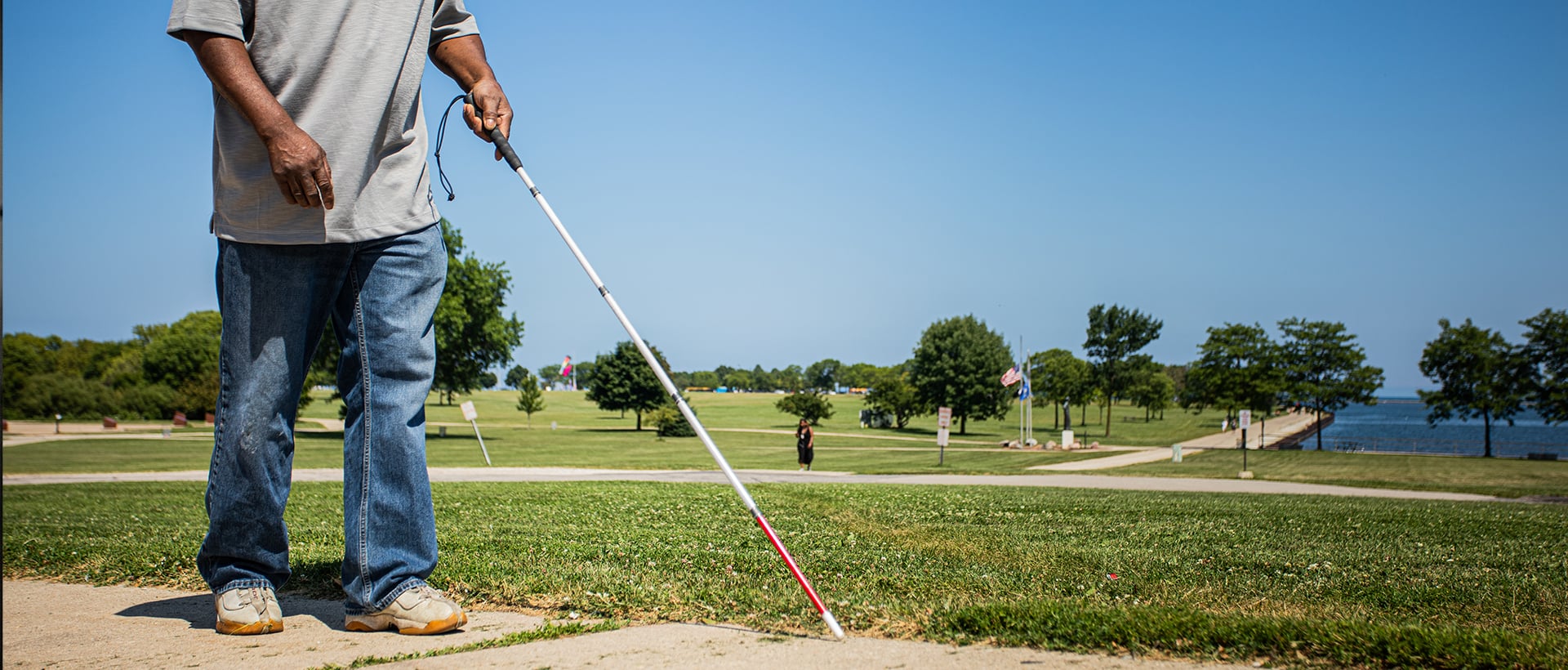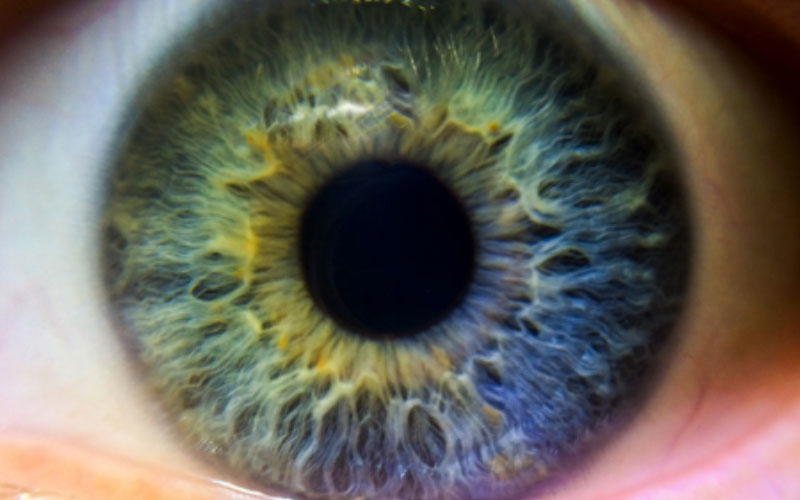Fancy yourself an eye doctor? There are great risks involved
Nowadays everyone is a doctor. Simply hop onto the internet, do some research, self-diagnose the problem and then head to the pharmacy for a remedy. When it comes to the eyes – the windows to the world – self-diagnosis and treatment with the wrong “solution” can cause long term damage. Going in blindly is just not safe.
According to Ruahan Naude, CEO at Dynamic Vision, wearing the wrong prescription lenses, using over the counter reading glasses and overusing eye drops are amongst the biggest eye care mistakes people make.
“At the root of all of these common mistakes is the tendency of people to delay visiting an optometrist when experiencing problems with vision or other symptoms. Your optometrist will be able to evaluate your eyes to determine the underlying problem, provide you with suitable medication, and apply proper treatment. Your symptoms could be gone sooner than if you continue to self-medicate. It is also better for the long-term health of your eyes and quality of your vision,” he says.
Naude looks at the common mistakes people make;
- Wearing the wrong prescription contact lenses
The cornea needs to be properly measured in order to prescribe contact lenses that will fit the eyes properly. Wearing the wrong prescription will feel uncomfortable and cause dizziness which is not ideal when driving, working and going about other daily tasks. Poorly-fitted lenses can also scratch the eye’s surface. Furthermore, if the lens fits too tightly, the cornea will not receive nourishment from natural tears which coat the eye. This can lead to irritation and blurred vision. Corneal ulcers could also result from wearing the incorrect prescription. This can cause pain, tearing and light sensitivity. The eyes can also become infected.
- Neglecting to update prescriptions
If you wear prescription glasses, you should be getting your eyes checked by an optometrist regularly. Wearing glasses that no longer fit properly or prescription lenses that are no longer accurate, you could experience dizziness, headaches and blurred vision.
- Using off-the-shelf reading glasses
For some adults, off-the-shelf reading glasses will help to clear things up when used for brief periods such as when reading a label at the supermarket or a menu at a restaurant. But, for others, they can cause long term damage. As they are mass produced, many off-the-shelf reading glasses have topical centers that are completely off. This can lead to eyestrain or double vision in some people. Furthermore, if there is an underlying problem, such as farsightedness or astigmatism, off-the-shelf glasses will cause more risks that benefits.
- Overusing eye drops
If not prescribed by a professional health care provider, eye drops can have many risks when the wrong drops are used or when they are over-used. Most commercially available eye drops are decongestants and contain vasoconstrictors. They shrink the outer blood vessels in the whites of the eyes to reduce redness. At the same time, they dry out the eyes. Before long the redness returns and more drops are needed. It becomes a vicious cycle. Long term use of incorrect eye drops containing steroids can lead to glaucoma, a disease that causes cells in the topic nerve to degenerate, resulting in loss of vision.
Eye drops containing other active ingredients can also cause unwanted symptoms. For instance, eye drops containing a combination of antihistamines and decongestants that are used in allergy-type drops can actually irritate the eyes even more with prolonged use.
- Neglecting eye tests
Professional eye examinations are the only effective way to confirm or rule out any eye disease or vision problem. Early diagnosis and treatment of eye and vision problems can help prevent vision loss. Left untreated, some diseases of the eye can result in vision loss.
For more information on eye care, please visit the Dynamic Vision website, http://dynamicvisionsa.co.za
